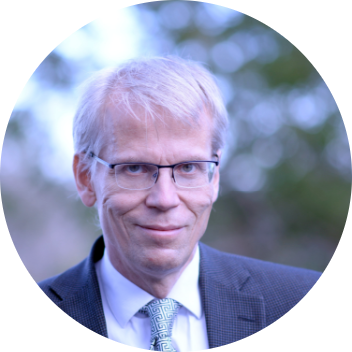
Martin Kulldorff, Ph.D.
Martin Kulldorff, Ph.D., Dr.h.c., is an epidemiologist, a biostatistician, and a founding fellow at Hillsdale College’s Academy for Science and Freedom. He has been a Professor of Medicine at Harvard University for thirteen years. Dr. Kulldorff’s research centers on developing and applying new disease surveillance methods for post-market drug and vaccine safety surveillance and for the early detection and monitoring of infectious disease outbreaks. In October 2020, he co-authored the Great Barrington Declaration, advocating for a pandemic strategy of focused protection instead of lockdowns.
Dr. Kulldorff has developed new sequential statistical methods for near real-time post-market drug and vaccine safety surveillance, where the purpose is to use weekly or other frequent data feeds to find potential safety problems as soon as possible. He has also developed tree-based scan statistic data mining methods for post-market drug and vaccine safety surveillance. Keeping the outcome definitions flexible, the methods simultaneously evaluates thousands of potential adverse events and groups of related events, adjusting for the multiple testing inherent in such an approach. These methods are used by FDA and CDC to monitor drug and vaccine safety.
Another major research area is spatial and spatio-temporal disease surveillance, for which he has developed various scan statistics for disease cluster detection and evaluation; and for the early detection and monitoring of infectious disease outbreaks. These methods are used by most federal and state public health agencies around the world, and by many local public health departments and hospital epidemiologists.
Dr. Kulldorff is the developer of the free SaTScan software for geographical and hospital disease surveillance as well as the TreeScan data mining software. He is a co-developer of the R-Sequential package for exact sequential analysis.
Dr. Kulldorff received his bachelor’s degree in mathematical statistics from Umeå University in Sweden, and his doctorate in operations research from Cornell University. Before Harvard, he worked at Uppsala University in Sweden, at the National Institutes for Health and at the University of Connecticut.